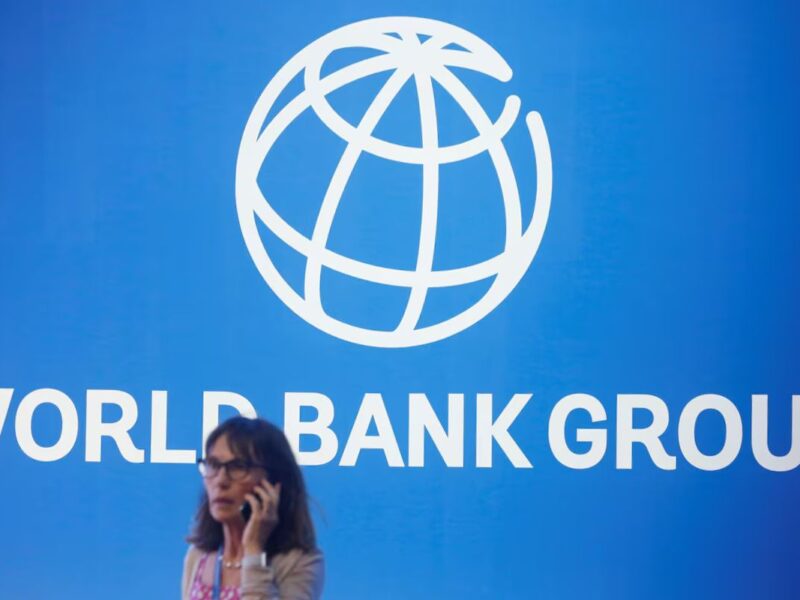The healthcare industry the world over, was among the first to embrace the acceleration of digital transformation across its services.
While the pandemic played catalyst to this fundamental shift in healthcare delivery, it is interesting to see how providers are continuing to invest heavily in digitisation to implement solutions that help refine their workflow integrations and enable seamless collaboration between care teams.
The health sector is among the fastest-growing in the UAE, and as we celebrate World Health Day 2022, we need to think if we are ready for the cultural shift that we are going to witness in healthcare delivery.
The systems available today offer unrivaled clinical capabilities, but for most patients, they are unnecessary.
The new healthcare ecosystem is turning increasingly consumer-centric, and it should meet the needs to serve consumers in their homes, through mobile devices, and across physical, clinical care settings. Convenience is key.
With patients increasingly demanding better, faster, and more convenient access to care through digital channels, addressing key industry friction points is the need of the hour. And that means converging the healthcare delivery, financing, and consumer technology ecosystems effectively.
The growing maturity of digital health tools
Digital health tools have shown growing maturity over the last couple of years and the pandemic fueled an influx of new services. Consumer health apps proliferated to become more disease specific.
Digital therapeutics and digital care products also grew in number and endorsement. We are also seeing a surge in adoption of wearables and digital biomarkers in clinical trials and care delivery, enabling remote monitoring of patients.
According to a study by McKinsey, venture funding for digital health companies, reached $29.1 billion in 2021 in comparison to $14.9 billion in 2020 and $8.2 billion in 2019.
The growing investment capital flowing into the digital health space suggests increased confidence in digital health tools to yield meaningful results for patients, health systems and investors.

Establishing new models of digital care
These digital tools and the new models of healthcare that they offer, have the potential to create value for all stakeholders. However, to accelerate adoption, we need to consider several aspects.
A lot depends on how well informed the patients are about digital healthcare and its value and impact. Proper training for physicians and healthcare providers about the uses and benefits of modern technologies is just as important.
Furthermore, insurance companies must consider redesigning benefits to support remote care. New reimbursement policies and value-based payment arrangements should be introduced to improve adoption.
Lastly, developing an ecosystem of partners including healthcare providers and technology companies can effectively support new models of digital care and services.
UAE’s transformative vision for a unified and interconnected healthcare ecosystem
We have a conducive environment in the UAE for developing such an ecosystem, with the country taking massive strides towards healthcare innovation in the last decade.
Our government bodies and healthcare authorities long ago set out the ambition to integrate systems and medical records into a single interconnected ecosystem, with the ultimate goal of simplifying and improving patient care and make medical services more efficient.

For instance, Malaffi is the region’s first Health Information Exchange platform that Injazat helped establish five years ago in partnership with Department of Health – Abu Dhabi (DOH).
Today, 100 percent of Abu Dhabi based hospitals are connected to Malaffi and the platform has advanced over the years to now use AI analytic technologies such as machine learning to build predictive models based on clinical data and algorithms, thereby enhancing the emirate’s emergency responsiveness, and ensuring continuity of care.
The future of digital healthcare lies in collaborative ecosystems
The future of digital health is going to be connected, and an easily accessible hybrid system of care, enhanced by intuitive insights, and data for care collaboration across the patient journey.
At Injazat, we envision such a future near realisation very soon by leveraging platforms such as Malaffi that further enable engagement between patients and allied businesses.
We expect to see more integration of data into a single interconnected ecosystem that makes patient interaction with health care organisations more simplified and medical services more efficient.
But no single provider will be able to ‘do it all’. This future is only possible if healthcare ecosystem partners are more collaborative. Which is why forming strategic partnerships with technology companies or other healthcare facilities is going to be crucial to roll out new digital technology.
Digital health transformation strategies for the future must address vision, readiness, priorities and dependencies, operating and funding models, and finally the selection of technologies and the right partners.
Such a collaborative model and approach with great certainty will deliver consumer-centric digital solutions prioritising and ensuring the best care for patients.









